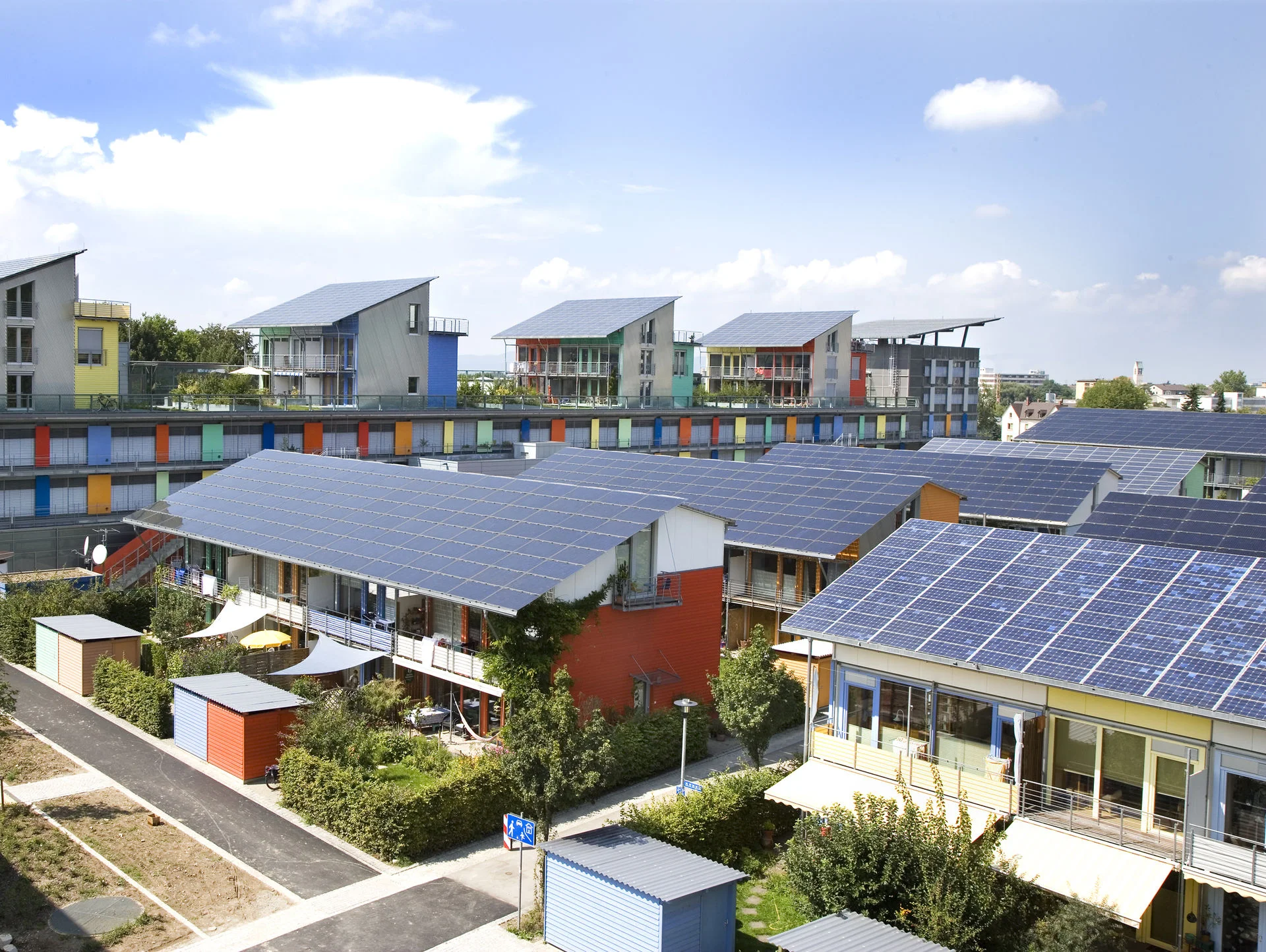Llewellyn King: Monetizing your home via selling electricity to neighbors
— Photo by Andrew Glaser
SAN MARCOS, Texas
Uber isn’t finished yet — or, to be precise, the technology that enabled ride sharing, Airbnb and bicycle and scooter sharing is on the march.
It’s a simple idea, yet fiendishly brilliant: central computer control of an archipelago of often personally owned objects. So it was that private cars were monetized, and spare rooms and vacant apartments started adding to the family income.
Next up may be your roof: It could work if you have a solar panel installed or plan to install one. Rather than, as at present, selling surplus power to the local utility, you may simply sell it to a neighbor or someone else in proximity. This is happening in Australia where electricity shortages have led to radicalization of old concepts of the generation and supply of electricity.
Uber roofs was one of many ideas about the future of electricity at the Digital 360 Summit here: a gathering of those hoping to have a role in the future of the urban and suburban space with transformative digital technologies. It all comes under the rubric of smart cities.
No one is quite sure how all this will work, but an awesome assembly of companies who gathered here on May 21 and 22, tells its own tale. They include AT&T, General Motors, Siemens, National Grid, Sempra Energy, Edison Energy, SAS, Cisco Systems and Oracle.
The event is the brainchild of Andres Carvallo, who heads the management consultants CMG, in collaboration with Texas State University, itself committed to incubating innovative technologies.
All in all, when the mighty gather, it’s reasonable to believe mighty things are afoot: American city infrastructure is in the early throes of change.
The key to it all is the electric supply and the future shape of utilities, and how they manage the changes coming at them. This even as they spend billions of dollars to upgrade their systems. Tom Kuhn, president of the Edison Electric Institute, says the infrastructure investment by the investor-owned electric utilities was nearly $1 trillion over the past decade.
Yet that doesn’t mean that the ground isn’t shifting. It is.
In the urban space, we’re seeing an extraordinary assemblage of disparate interests bent on having a piece of the action. Even activists from the Green New Deal see things going their way.
They applaud the emergence of dispersed generation and micro-grids. These are the result of carbon-free generation with wind and solar. It’s these microgrids which could make the Uber roof a possibility. Also, it’s these microgrids that the utilities must accommodate to make sure that if they generate, they pay their share of the electric grid through a standby fee. The grid is like the highway system: It’s there for us whether we drive or fly.
But green enthusiasm doesn’t end with dispersed generation. The Green New Dealers are passionate about smart buildings and making more of the old stock “smart” while having high standards for new buildings. So are the technologists, armed with sensors and data.
Another mighty upheaval is the electrification of transport. Everyone agrees it’s coming, but the issue of charging is still open: Will companies, already up and running, like ChargePoint, inherit that business? Will the utilities, as some have, move into charging or will municipalities, again as some have, get involved? Fast charging, which can fuel an electric car in 30 minutes with direct current, is expensive. Slower charging can take hours and doing it at home from the household supply can take all day or all night.
I was struck by an entrepreneurial startup in San Francisco, ChargeWheel, which offers a truck-mounted charger that will come to you if you’re stuck, or just want to avoid the hassle of finding a station and waiting.
The utilities with smart meters command a lot of vital data which will shape the digitization of the cities. But no firm can think its space in the digital future is reserved for it, including utilities.
Meanwhile some people will want to turn their roofs into generating stations and, who knows, suburbanites might want to offer charging in their driveways. Uberization knows no frontiers.
The scramble is joined.
Llewellyn King is executive producer and host of White House Chronicle, on PBS. His email is llewellynking1@gmail.com


